A viral video showing a group of men thrashing a shopkeeper for not speaking Marathi has triggered political uproar in Maharashtra, with Congress leader Raj Babbar accusing the ruling Bharatiya Janata Party of fostering divisive policies that fuel such incidents.
The footage, widely circulated on social media, captures several individuals confronting a shop owner, allegedly demanding he speak in Marathi rather than Hindi. The men are reportedly linked to a regional party known for promoting Marathi linguistic identity. The confrontation escalated into violence, prompting condemnation from various quarters. While local authorities confirmed that a police inquiry is underway, the clip has reignited debate over language politics in the state.
Raj Babbar criticised the state administration, suggesting that the issue is rooted in a manufactured tension around linguistic pride. Speaking to reporters, Babbar stated that the altercation was “not about Hindu-Muslim” but rather a deliberate attempt to create a rift between Marathi and Hindi speakers. He attributed the prevailing atmosphere to decisions taken by the current government which, he claimed, had contributed to such confrontations. “This situation could have been resolved. In the past, Maharashtra did not see such disputes over language,” he noted, adding that the BJP leadership had taken steps that have led to an increased hardening of positions.
The language issue in Maharashtra has long been a sensitive topic. Marathi, being the official language of the state, holds cultural and emotional significance for many residents. Over the years, parties such as the Maharashtra Navnirman Sena and Shiv Sena have campaigned aggressively for greater use of Marathi in public and commercial domains. From demanding signboards in Marathi to pushing for its use in cinema and education, regional pride in the language has remained a political touchstone.
However, with the state being home to millions of migrants from across the country, particularly from Uttar Pradesh and Bihar, tensions around linguistic preferences have occasionally erupted. Hindi is widely spoken in metropolitan areas like Mumbai and Thane, where commerce is often conducted in a multilingual environment. The clash captured on video has therefore reignited fears about a growing intolerance toward linguistic diversity.
Babbar warned against interpreting the incident through communal lenses, urging the public to focus on the policy roots of the issue rather than communal identity. He reiterated that the present ruling party’s approach has aggravated existing fault lines by elevating language as a political tool rather than promoting inclusion. “Maharashtra wants to take pride in its language, and rightly so,” he said. “But a balance must be maintained to ensure no citizen is harassed based on their speech.”
The Congress veteran also expressed hope for a “respectable outcome,” calling on the government to avoid hardline posturing and instead open a dialogue with stakeholders across linguistic backgrounds. His remarks came as political rivals began issuing sharp statements, each attempting to position themselves either in defence of Marathi pride or linguistic tolerance.
The BJP has yet to issue a formal response to Babbar’s statements. However, officials have previously maintained that promoting regional languages is not inconsistent with upholding national unity. A party spokesperson declined to comment directly on the incident but underlined the need for social harmony.
Public reaction remains sharply divided. While some voices on social media supported the emphasis on using Marathi in everyday transactions, others criticised the use of violence and intimidation to enforce linguistic loyalty. The debate has also led to renewed discussion on the role of education and civic awareness in promoting respect for multilingualism in an increasingly urbanised and diverse state.
Legal experts have pointed out that the act of attacking an individual based on language preferences may invite charges under sections related to criminal intimidation, assault, and violation of fundamental rights. Maharashtra’s linguistic policy does encourage use of Marathi in government and public signage, but there is no legal provision mandating its exclusive use in private conversation or commerce.
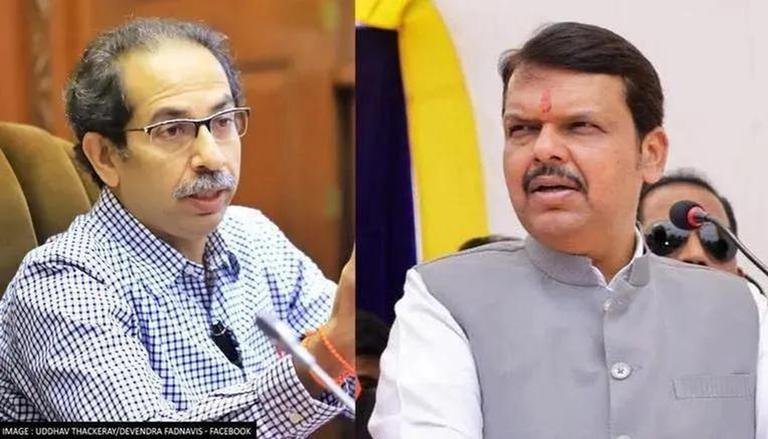
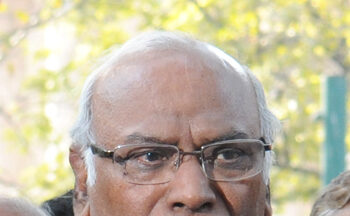
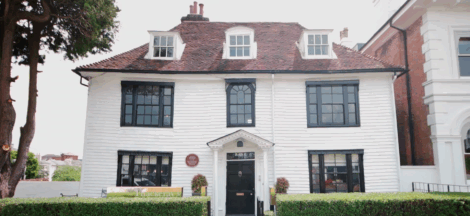
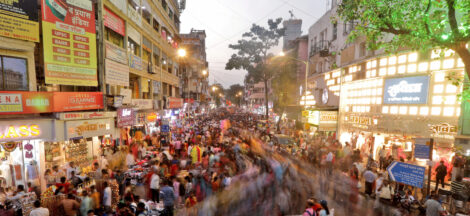
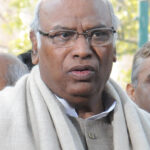 Diplomacy in Disarray, Kharge Warns of Growing Isolation
Diplomacy in Disarray, Kharge Warns of Growing Isolation 